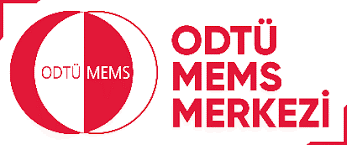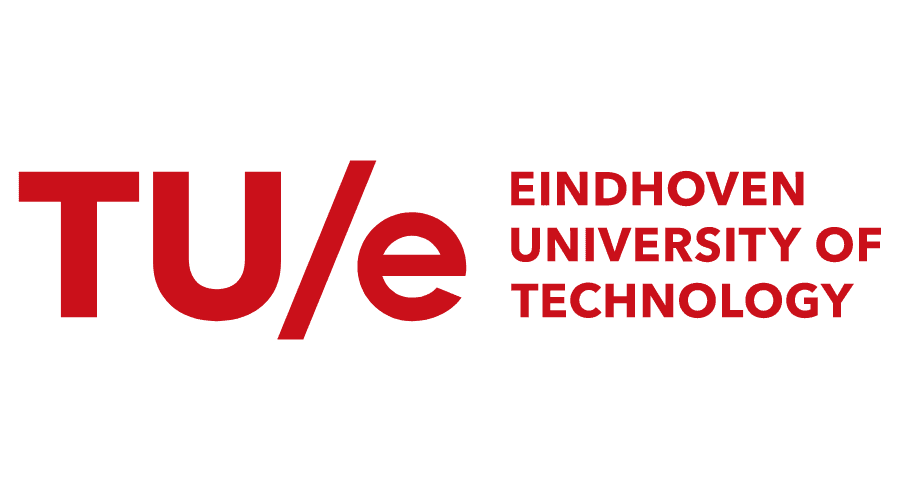The OrChESTRA consortium brings together the worldwide known European research organisations with synergistic scientific and innovative expertise, establishing a long-term, strategic and productive partnership.
The OrChESTRA consortium builds upon the existing strong research and innovation base of ODTÜ MEMS, TU/e, IMEC and UFR, who develop state-of-the-art approaches in complementary specialisation areas around microfluidics, including organ-on-a-chip, lab-on-a-chip, biosensors, microfabrication, BioMEMS, and tissue engineering.

ODTÜ MEMS CENTER
 | Project Coordinator: Prof. Dr. Haluk Külah Project Technical Manager: Assoc. Dr. Ender Yıldırım https://mems.metu.edu.tr/en |
The microelectronic cleanroom infrastructure of the ODTÜ MEMS Center was established in the early 1990s. Since then, a considerable amount of knowledge and experience has been gained, and the first MEMS research and application center in Turkey was established in 2008. The available infrastructure supported with projects and investments accelerated the studies on MEMS and pioneered the establishment of today’s research center.
The total amount of continuing investment is over 60 M€ from public and private sector R&D projects as well as funds from Ministry of Development, Ministry of Science, Industry and Technology, TÜBİTAK, FP6, FP7, and H2020. In 2009, ODTÜ MEMS was awarded by the EC (FP7 REGPOT) additional resources, which aimed to upgrade the RTD capacity and capability of the Center, in addition to improving its integration with the European Research Area. In 2017, the Center was qualified as a national research infrastructure by the government, becoming one of the first National Research Infrastructures in Turkey and gaining its scientific, budgetary, and managerial autonomy with a significant budget allocated.
ODTÜ MEMS Center’s competence in microfluidics, biosensors, and BioMEMS has been proven by several national and international funded projects and international publications. ODTÜ MEMS is also experienced in microfabrication methods with its extensive cleanroom capabilities. Additionally, ODTÜ MEMS plans to establish polymer-based microfabrication facility, which is highly aligned with the production needs of organ-on-a-chip technology. However, although the researchers at ODTÜ MEMS have individually worked on organ-on-a-chip systems, currently there is no established foreground research on organ-on-a-chip. OrChESTRA will enable ODTÜ MEMS to attain the necessary environment for research on organ-on-a-chip systems and expand its experience and competencies in microfabrication, microfluidics, biosensors, and BioMEMS.
Main contribution in the project:
● Scientific/technical: BioMEMS and integration of these systems with polymer (thermoplastic) based microfluidic devices
● Coordination and project management; organisation and monitoring of mobility, training/education
TU/e
TECHNISCHE UNIVERSITEIT EINDHOVEN
 | Dr. Hans Markus Wyss Department of Mechanical Engineering https://www.tue.nl/en/research/research-groups/microsystems/ |
TU/e, particularly the Microsystems Research Group in the Department of Mechanical Engineering, develops innovative technological concepts and fabrication methods for microsystems for a wide range of applications ranging from organ-on-a-chip systems, point-of-care diagnostics, wearable health sensors, water and air quality monitoring and purification, lithography machines, displays, and brain-inspired computing, to soft microrobotics. TU/e will contribute to OrChESTRA with its experience in microfabrication, microfluidics, organ-on-a-chip systems, and soft materials – particularly biological materials and gels, which are commonly utilised as structural matrix material in which cells are grown spatially in three dimensions in organ-on-a-chip systems.
Main contribution in the project:
● Scientific/technical: Microfabrication, microfluidics, organ-on-a-chip systems, and soft materials particularly biological materials and gels
● Institutional capacity: Career development programme, cleanroom management, standard process development, technology transfer mechanisms, spin-off instruments etc.
IMEC
INTERUNIVERSITAIR MICRO-ELECTRONICA CENTRUM
 | Dr. Wolfgang Eberle Department of Public Funded R&D Policies and Programs www.imec.be |
IMEC is the leading research hub in Europe in nano- and digital technologies. It brings together more than 5.000 researchers from all over the world, with an expertise in various fields including CMOS, sensing and actuation, photonics, energy technologies and life sciences. It has access to a unique infrastructure, including 12.000m2 of cleanrooms with the most advanced equipment for research. IMEC has been a partner in the European ORCHID CSA project drawing up a roadmap for organ-on-chip R&D in Europe. IMEC will contribute to OrChESTRA particularly with its expert practises in microfabrication & integration (microfluidics, sensors) for life sciences applications as well as on non-technical processes (cleanroom management, business, venturing, IPR, RRI, etc.).
Main contribution in the project:
● Scientific/technical: Microfabrication, microfluidics, biosensors, and integration
● Institutional capacity: Cleanroom management, standard process development, RRI, tech. transfer and IPR
UFR
ALBERT-LUDWIGS-UNIVERSITAET FREIBURG
 | Dr. Can Dinçer Department of Microsystems Engineering – IMTEK https://www.imtek.uni-freiburg.de/junior-research-groups/dincer |
UFR, one of the world’s largest academic institutions dedicated to microsystems engineering with strong industrial collaborations, covers a broad spectrum of bioanalytical microsystems and sensors applications, for lab-on-a-chip based miniaturisation, integration, parallelisation, and automation of biochemical tests into portable (point-of-need) systems for diagnostics, food analysis and environmental monitoring. UFR will contribute to OrChESTRA with its experience in microfabrication, biosensors, microfluidics and system integration.
Main contribution in the project:
● Scientific/technical: Microfabrication, biosensors, microfluidics
● Institutional capacity: Cleanroom management, standard process development
